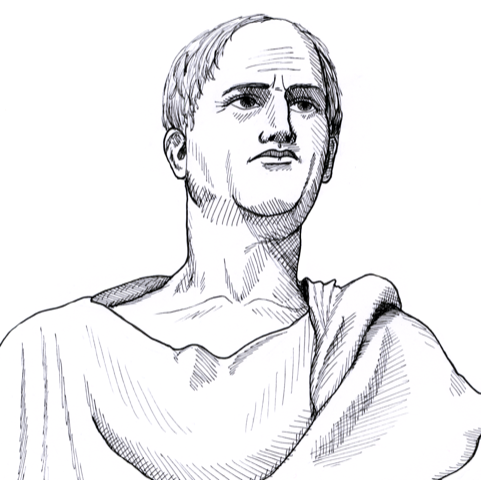
Cicero on being true to one’s own nature while respecting the common nature of others (c. 50 BCE)
Found in: On Moral Duties (De Officiis)
The Roman lawyer and Stoic philosopher Marcus Tullius Cicero (106-43 BCE) advises that the task of living requires that we respect the common nature which all humans have while at the same time following our own individual nature in the best way we can:
Philosophy
Every one ought to hold fast, not his faults, but his peculiarities, so as to retain more easily the becomingness (propriety) which is the subject of our inquiry. We ought, indeed, to act in such a way as shall be in no respect repugnant to our common human nature; yet, holding this sacred, let us follow our individual nature, so that, if there are other pursuits in themselves more important and excellent, we yet may measure our own pursuits by the standard of our own nature. For it is of no avail to resist nature, or to pursue anything which we cannot reach. … Let us therefore bestow our diligence chiefly on those concerns for which we are the best fitted. But if at any time necessity shall have forced us to undertake things outside of our specialty, we must employ all possible care, thought, and diligence, that we may be able to dispose of them, if not becomingly, yet with the least degree of unbecomingness; nor ought we in that case to endeavor to attain capacities not our own, so much as to avoid mistake or failure.